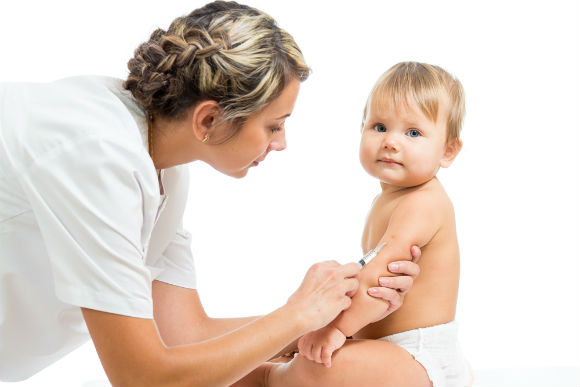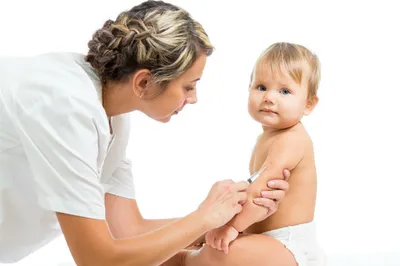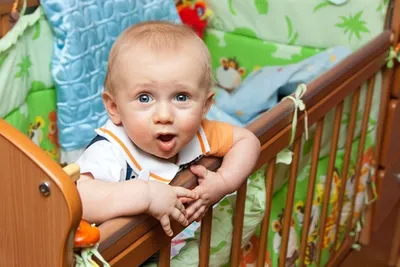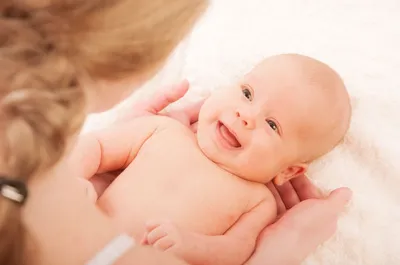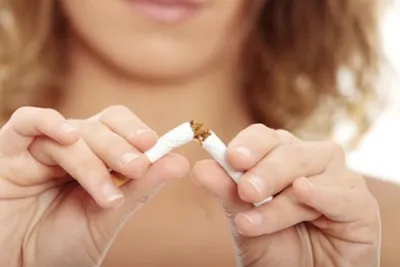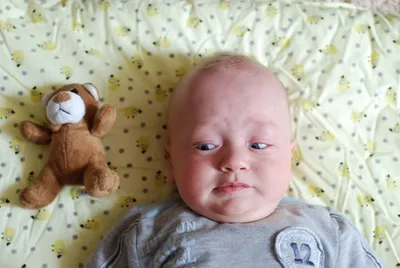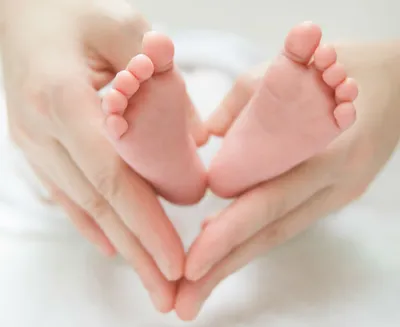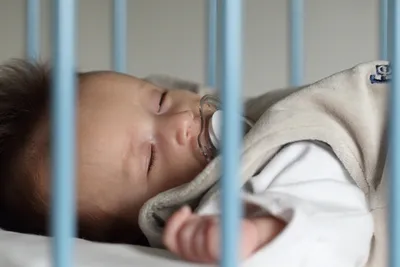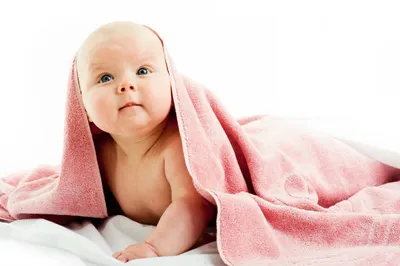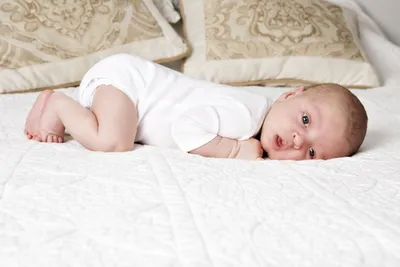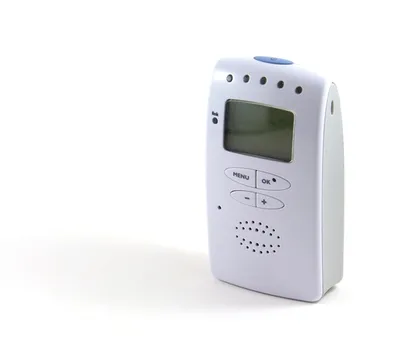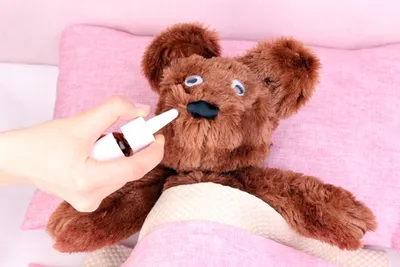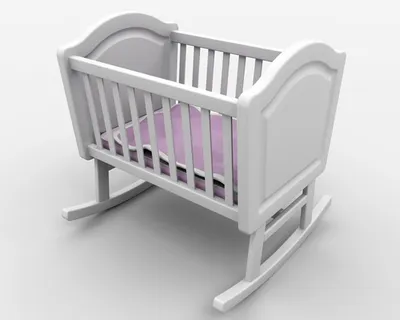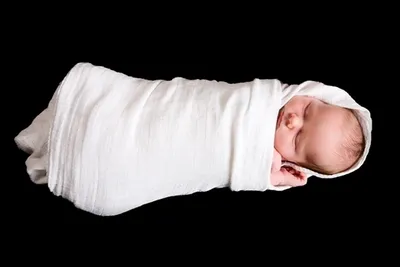SIDs (or Sudden Infant Death Syndrome) is a parent’s worst nightmare—especially when you consider it typically occurs during sleep with no signs or symptoms.
Rare today, SIDs still affects babies one month to 12-months of age, and even though the cause is virtually unknown, there are fourteen effective ways to protect your baby as he or she slumbers peacefully…
1. Stay Up-to-Date on Vaccinations
Vaccinations from illnesses like chicken pox, hepatitis B, measles, and more reduce your baby’s risk of SIDs by 50-percent.
2. Don’t Use Crib Bumpers
A little extra padding might seem like a good idea when it comes to preventing baby from various sleepy time bumps and bruises; these actually pose a strangulation risk.
3. No Tummy Sleeping
Baby might look adorable on her tummy. However, falling asleep like that can be dangerous because it makes breathing more difficult. Instead, lay baby to sleep on her back.
4. Butt Out Around Baby
Smoking during and post-pregnancy has been linked to increased risk of SIDs for newborns.
5. No Stuffed Animals
That stuffed giraffe or owl might look precious cuddled up next to your newborn. However, wings, legs and noses can fall off and become lodged in baby’s throat, cutting off their airway and resulting in choking death.
6. Don’t Sleep with Baby
Some parents can’t get baby to sleep without being nearby. However co-sleeping can be dangerous. After all, you can’t control movements during sleep and you could roll over and smother your child.
7. Put Baby to Bed with a Pacifier
Consider this—if baby falls asleep with a pacifier in their mouth; nothing else can get in there and choke them during sleep.
8. Keep Baby Cool
Don’t overload baby with too many blankets, clothing layers, or comforters while sleeping, otherwise excess material can become a chew and choke risk or it can cover baby’s mouth and nose during sleep.
9. Remove Pillows
Loose items like pillows are not safe in unsupervised cribs. In fact, they have been responsible for many suffocation deaths, and shouldn’t be used before your little one is passed one-years-old.
10. Choose a Firm Mattress
They might not seem a cushy and comfy, but a firm crib mattress will ensure clear airways and unhampered breathing.
11. Use a Sleep Monitor
A baby monitor attached to the crib (where baby can’t reach it) will alert you to any nighttime—including struggling if baby stops breathing.
12. Don’t Ignore Respiratory Issues
If your newborn has a cold, cough, or labored breathing, take them to a doctor or emergency clinic right away.
13. Keep the Crib Empty
When you consider that high carbon dioxide levels are linked to re-breathing air (and SIDs), it’s wise to remove all objects from the crib so they don’t get too close to baby’s face during sleep.
14. Swaddle your Child
Swaddling your baby has been linked to preventing SIDS because it restricts body movements and helps a young child feel and sleep more securely.
For more related articles, check out:
15 Best Foods for Kids with ADHD
The 10 Worst Foods to Feed your Children
10 Foods to Help you Sleep Through the Night
